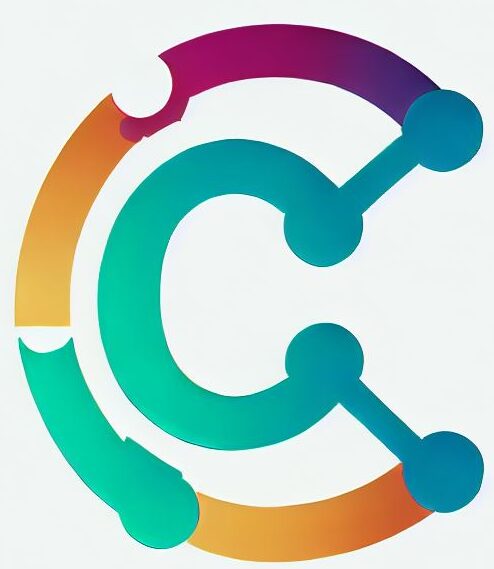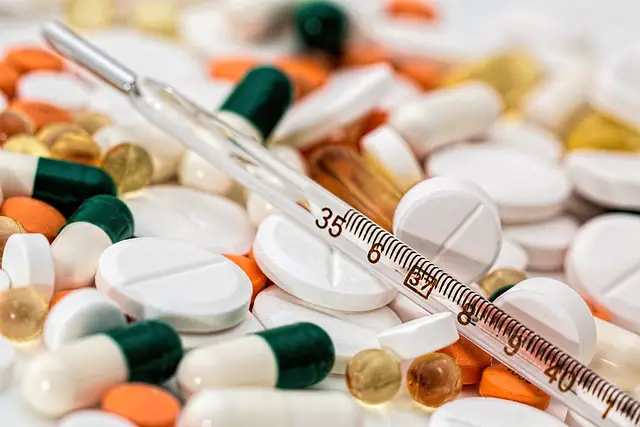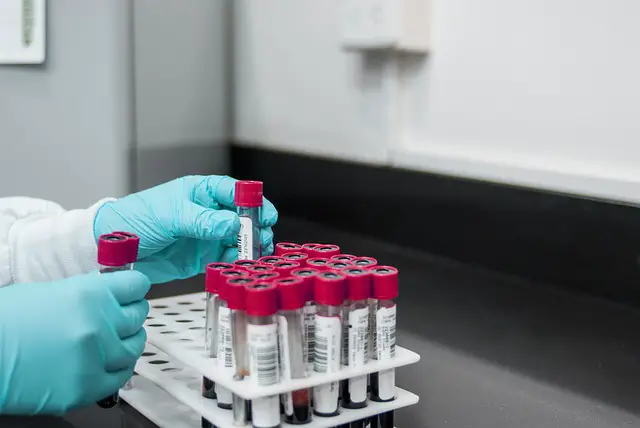40 Careers Related to Pharmacy
The field of pharmacy offers a diverse range of career paths that extend beyond the traditional roles of dispensing medications. Pharmacists play a crucial role in the healthcare industry, ensuring the safe and effective use of drugs, but there are numerous other exciting and rewarding careers related to pharmacy. In this blog post, we will explore 40 fascinating career options that combine pharmaceutical knowledge with various specializations and industries.
40 Careers Related to Pharmacy
- Community Pharmacist: This is the most common and well-known career path in pharmacy. Community pharmacists work in retail settings, providing medication counseling, dispensing prescriptions, and offering over-the-counter advice to patients.
- Hospital Pharmacist: Hospital pharmacists are essential members of healthcare teams in hospitals, responsible for preparing and dispensing medications to inpatients and providing drug information to medical staff.
- Clinical Pharmacist: Clinical pharmacists work closely with healthcare providers to optimize medication therapy for patients, review drug regimens, and ensure safety and effectiveness.
- Industrial Pharmacist: Industrial pharmacists work in pharmaceutical companies, playing a role in drug research, development, and manufacturing, as well as quality assurance and regulatory compliance.
- Pharmaceutical Sales Representative: These professionals promote and sell pharmaceutical products to healthcare providers, making them a vital link between pharmaceutical companies and medical practitioners.
- Pharmacy Informatics Specialist: With the growing use of technology in healthcare, informatics specialists focus on managing and optimizing pharmacy information systems and data analysis.
- Pharmacy Technician: Pharmacy technicians assist pharmacists with various tasks, including medication preparation, inventory management, and customer service.
- Compounding Pharmacist: Compounding pharmacists prepare customized medications for patients with specific needs, allergies, or dosage requirements.
- Clinical Research Associate (CRA): CRAs monitor clinical trials, ensuring compliance with regulations, and play a vital role in drug development and research.
- Toxicologist: Toxicologists study the effects of drugs, chemicals, and other substances on living organisms, assessing their safety and potential hazards.
- Pharmacist Consultant: These professionals offer specialized advice to patients, healthcare providers, or pharmaceutical companies on drug therapy, management, or regulatory matters.
- Geriatric Pharmacist: Geriatric pharmacists specialize in the unique medication needs of elderly patients, who often have multiple health conditions and take various medications.
- Nuclear Pharmacist: Nuclear pharmacists prepare and dispense radioactive medications used in diagnostic imaging and therapeutic procedures.
- Research Scientist: Pharmaceutical research scientists work in laboratories, investigating new drug compounds and technologies to advance medical treatments.
- Regulatory Affairs Specialist: These professionals ensure compliance with regulatory requirements and guidelines for pharmaceutical products.
- Pharmacy Benefit Manager (PBM) Analyst: PBM analysts work with insurance companies or PBMs to manage drug formularies, pricing, and utilization.
- Drug Safety Specialist: Drug safety specialists monitor and evaluate the safety profile of medications, managing adverse event reporting and risk assessment.
- Oncology Pharmacist: Oncology pharmacists specialize in cancer treatments, collaborating with healthcare teams to optimize therapy for cancer patients.
- Psychiatric Pharmacist: Psychiatric pharmacists focus on mental health medications, working closely with psychiatrists and other mental health professionals.
- Academic Pharmacist: Academic pharmacists teach pharmacy students and conduct research in universities and educational institutions.
- Pharmacy Policy Analyst: Policy analysts work with government agencies or organizations, shaping healthcare policies related to pharmaceuticals.
- Nutrition Support Pharmacist: Nutrition support pharmacists help design specialized nutritional therapies for patients unable to eat normally.
- Veterinary Pharmacist: Veterinary pharmacists provide medications and pharmaceutical advice for animals under the care of veterinarians.
- Pharmaceutical Marketing Specialist: Marketing specialists promote pharmaceutical products through targeted advertising and promotional strategies.
- Immunization Pharmacist: Immunization pharmacists administer vaccines and provide immunization education to the public.
- Hospice Pharmacist: Hospice pharmacists ensure that terminally ill patients receive appropriate medication and palliative care.
- Pharmacogenomics Specialist: These professionals analyze how genes influence drug responses, tailoring medications based on individual genetic profiles.
- Ambulatory Care Pharmacist: Ambulatory care pharmacists work in outpatient clinics, managing medication therapy for patients with chronic conditions.
- Telepharmacy Specialist: Telepharmacy specialists provide remote pharmaceutical services and consultations to patients in rural or underserved areas.
- Pharmaceutical Complications Lawyer: These legal professionals specialize in pharmaceutical-related litigation, including product liability and drug regulation cases.
- Drug Development Project Manager: Project managers oversee the development and clinical testing of new drugs, coordinating various teams and resources.
- Pharmacy Automation Specialist: Automation specialists implement and maintain pharmacy technology systems, such as robotic dispensing machines.
- Drug Formulation Scientist: Formulation scientists develop drug delivery systems, ensuring medications are effective and safe for patients.
- Pharmacy Research Analyst: Research analysts collect and analyze data on drug usage, safety, and efficacy to inform evidence-based practices.
- Global Health Pharmacist: Global health pharmacists address pharmaceutical challenges in developing countries and international healthcare initiatives.
- Pain Management Pharmacist: Pain management pharmacists specialize in treating patients with chronic pain, ensuring safe and effective pain relief.
- Pharmacovigilance Specialist: Pharmacovigilance specialists monitor drug safety throughout its lifecycle and report adverse events to regulatory authorities.
- Medication Therapy Management (MTM) Pharmacist: MTM pharmacists provide comprehensive medication reviews and counseling to optimize drug therapy.
- Veterinary Drug Research Scientist: These scientists focus on developing medications specifically for animals.
- Health Economics and Outcomes Research (HEOR) Pharmacist: HEOR pharmacists analyze the cost-effectiveness and real-world impact of pharmaceutical treatments.
Frequently Asked Questions (FAQs)
1. What career options are available in pharmacy besides being a traditional community or hospital pharmacist?
Pharmacy offers a wide range of career options beyond traditional roles. Some alternative career paths include pharmaceutical sales representative, clinical pharmacist, industrial pharmacist, pharmacy informatics specialist, toxicologist, nuclear pharmacist, research scientist, and regulatory affairs specialist, among many others.
2. What does a pharmaceutical sales representative do?
Pharmaceutical sales representatives are responsible for promoting and selling pharmaceutical products to healthcare providers. They act as intermediaries between pharmaceutical companies and medical practitioners, providing information about the benefits and features of various medications.
3. What is the role of a clinical pharmacist?
Clinical pharmacists work closely with healthcare providers to optimize medication therapy for patients. They review drug regimens, assess potential drug interactions, and ensure that patients receive the most effective and safe medications for their conditions.
4. How can I become a pharmacist consultant?
To become a pharmacist consultant, you typically need a Doctor of Pharmacy (PharmD) degree and several years of experience in a specialized area of pharmacy. Certification and additional training in consultancy may also be beneficial.
5. What is the difference between a pharmacy technician and a pharmacist?
Pharmacy technicians assist pharmacists with tasks such as medication preparation, inventory management, and customer service. Pharmacists, on the other hand, have more extensive education and training, enabling them to provide medication counseling, interpret prescriptions, and make clinical decisions.
6. What does a geriatric pharmacist do?
Geriatric pharmacists specialize in the unique medication needs of elderly patients. They assess drug interactions, adjust dosages to accommodate age-related changes, and ensure that medications are safe for older individuals who may have multiple health conditions.
7. How does one become a pharmaceutical research scientist?
To become a pharmaceutical research scientist, a doctoral degree in pharmaceutical sciences or a related field is typically required. Additionally, gaining research experience through internships or postdoctoral positions can be beneficial for this career path.
Additional Information
The world of pharmacy offers an array of exciting and diverse career opportunities that cater to various interests and passions. From traditional roles like community and hospital pharmacists to cutting-edge positions in research, informatics, and regulatory affairs, the pharmaceutical industry continues to evolve, making it an excellent field for aspiring professionals seeking dynamic and rewarding careers in healthcare.
Aspiring individuals can pursue these careers through different educational paths and specializations, opening doors to make a positive impact on patient care, drug development, and global health initiatives. Whether you choose to work directly with patients or behind the scenes in research and analysis, a career related to pharmacy promises a fulfilling journey of professional growth and contribution to the well-being of society.
READ ALSO: 80 Careers Related to Environmental Science








